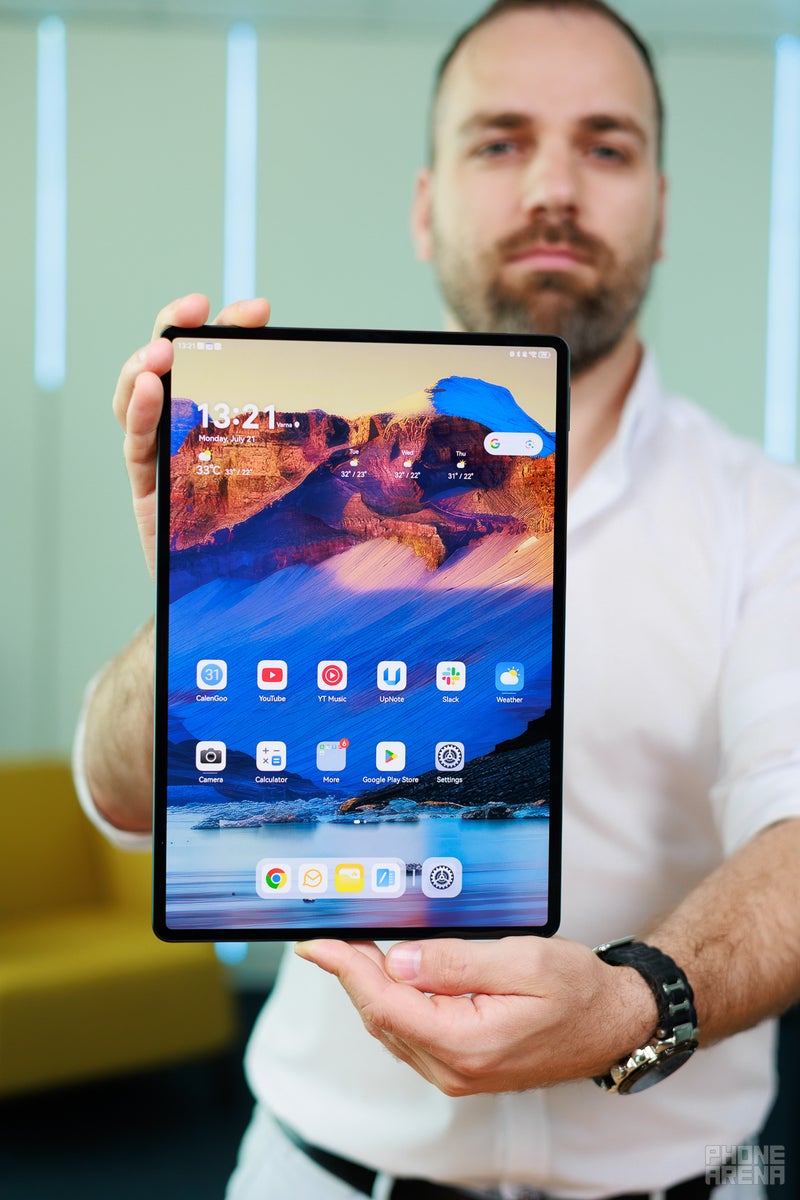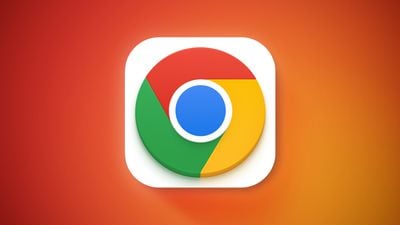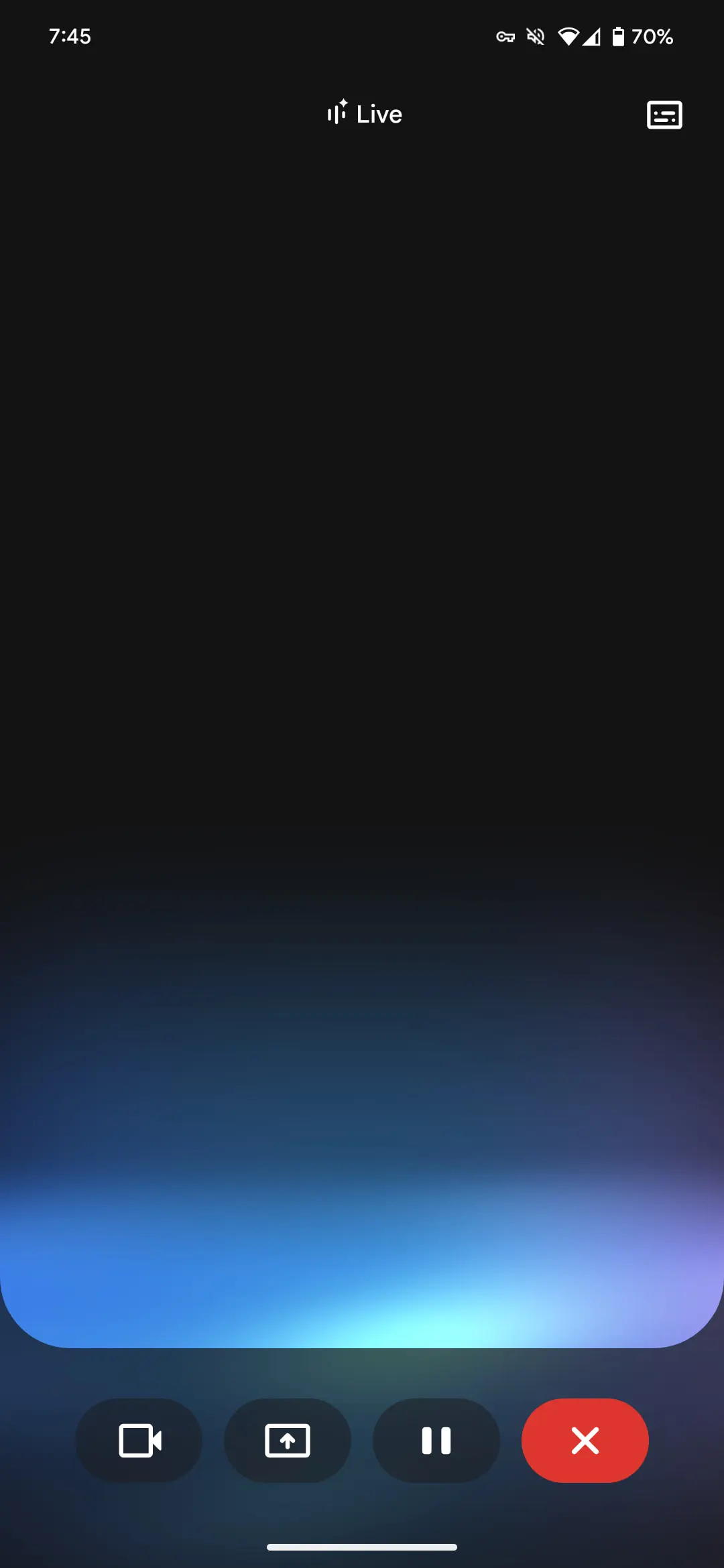Android 14 QPR1 Beta 1 began to roll out yesterday to eligible Google Pixel devices enrolled in the Android Beta Program. The first beta includes a new round of bug fixes plus stability and performance improvements, as well as the September security patch and a glimpse into the upcoming December Pixel Feature Drop.
App continuity on front display
One common issue that Pixel Fold users haven’t been happy with is the fact that the device’s front screen locks when attempting to transition from the inner display to the front display. Fortunately, Android 14 QPR1 Beta 1 introduces a setting that allows users to control this behavior.
- Always: Front display turns on when you fold your device
- Only games, videos, and more: Front display turns on for apps that stop your screen going idle
- Never: Front display locks when you fold your device
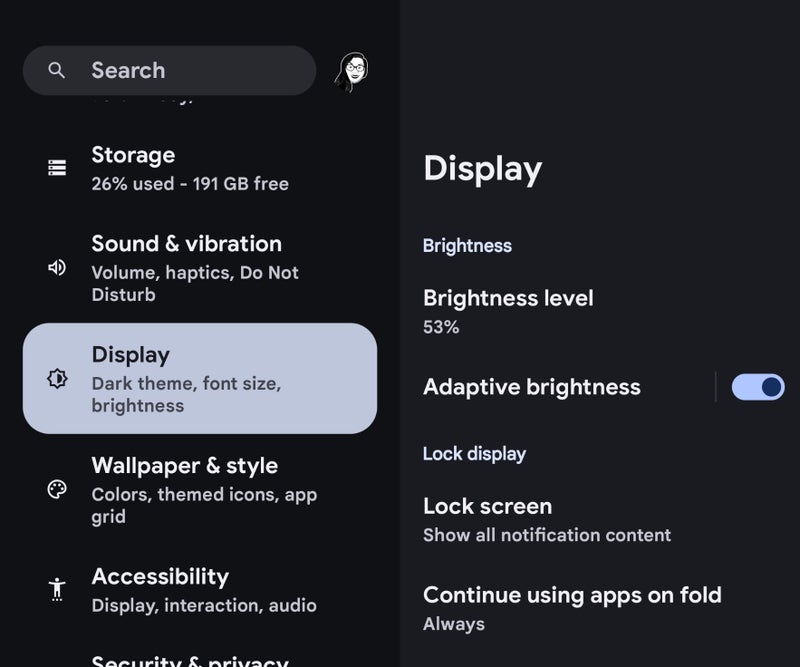
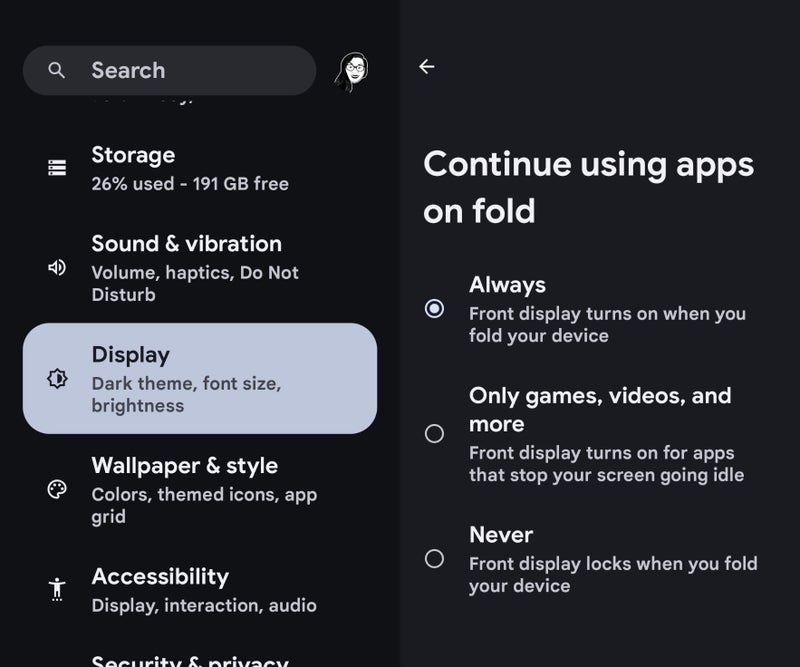
Once I updated my Pixel Fold to the new beta, it defaulted to the middle option where my front display would lock unless I was playing a game or watching a video. However, I went ahead and changed the setting to “Always” so that my front screen would activate when I folded my device and thus I could seamlessly continue what I was doing.
Large screen user per-app overrides
Perhaps one of the most common complaints about the Pixel software experience on the Pixel Fold has been Google’s inability to persuade app developers into creating a tablet or larger screen-friendly version of their apps. This has been particularly evident with apps like Instagram, which have been historically stubborn about supporting aspect ratios other than the traditional slab phone format.
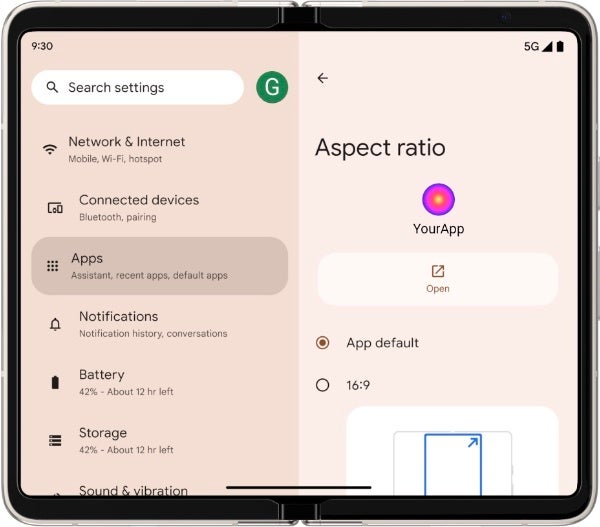
Source – Android Developers Blog
Android provides compatibility overrides that change the configured behavior of apps. Device original equipment manufacturers (OEMs) apply overrides to selected apps on specific large screen devices. Android 14 QPR1 introduces user overrides, which enable users to apply overrides to apps through device settings. Per-app overrides are intended to fix broken app behavior or improve the user experience on large screen devices. Apps can disable some overrides.
In the case of Instagram, for example, I was able to override the aspect ratio to fill the entire screen. In one of my accounts, I was able to enjoy the new tablet UI that Instagram has been A/B testing with some users which moves the icons to the side, while in the other account the app was just stretched out to fill in the blank space.

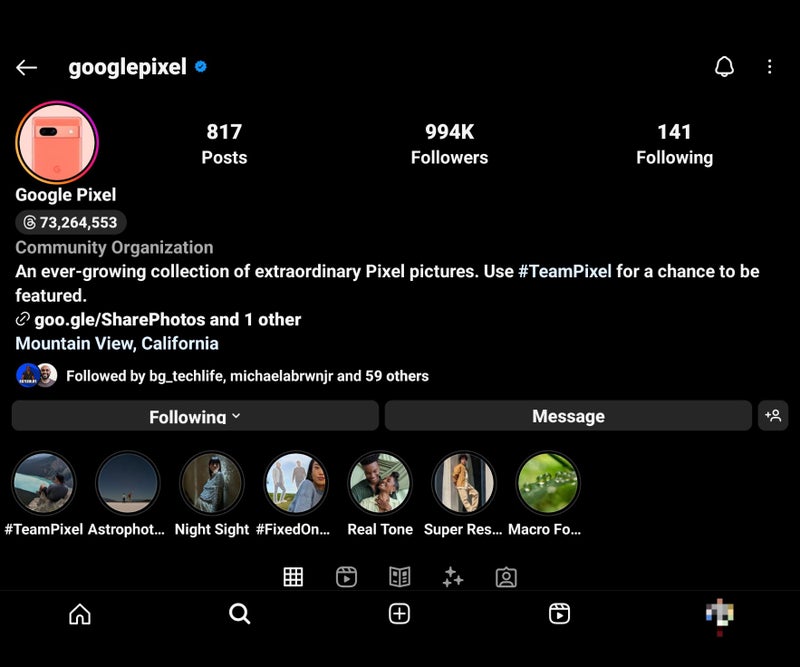
Instagram’s new larger screen UI vs. Instagram’s current UI stretch to fill larger screens
Samsung ZFold users have had this override available to them for some time now, so it is quite refreshing to see Google implement this in a more native fashion. Users can now choose to have apps fill the entire screen, even if they weren’t designed to do so. This can be useful for apps that don’t have a full-screen mode, or for apps that users want to see more of.

